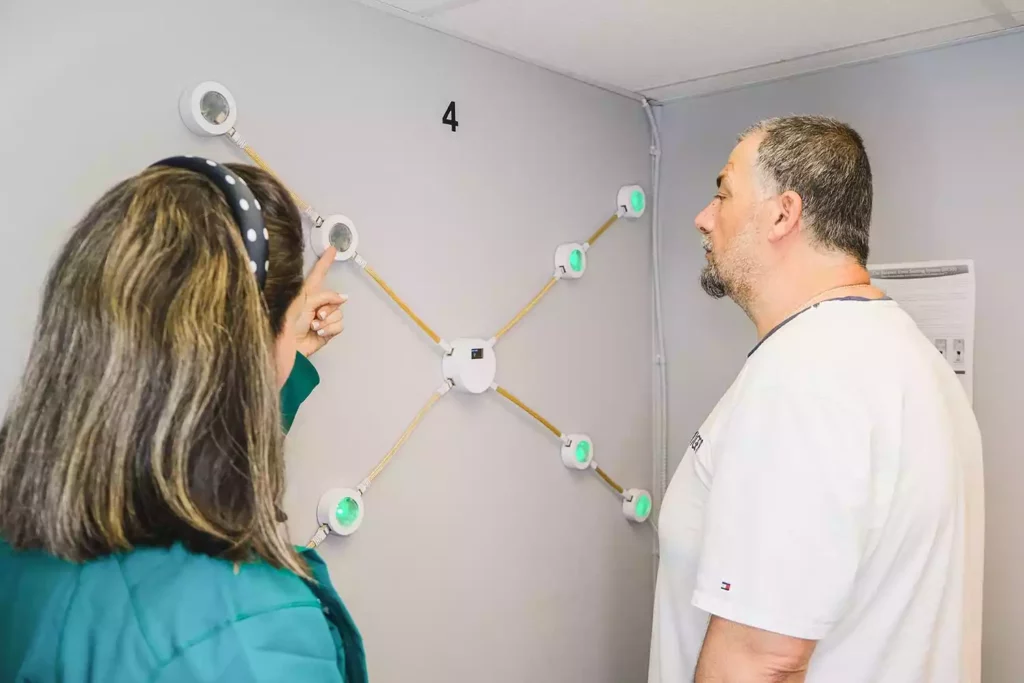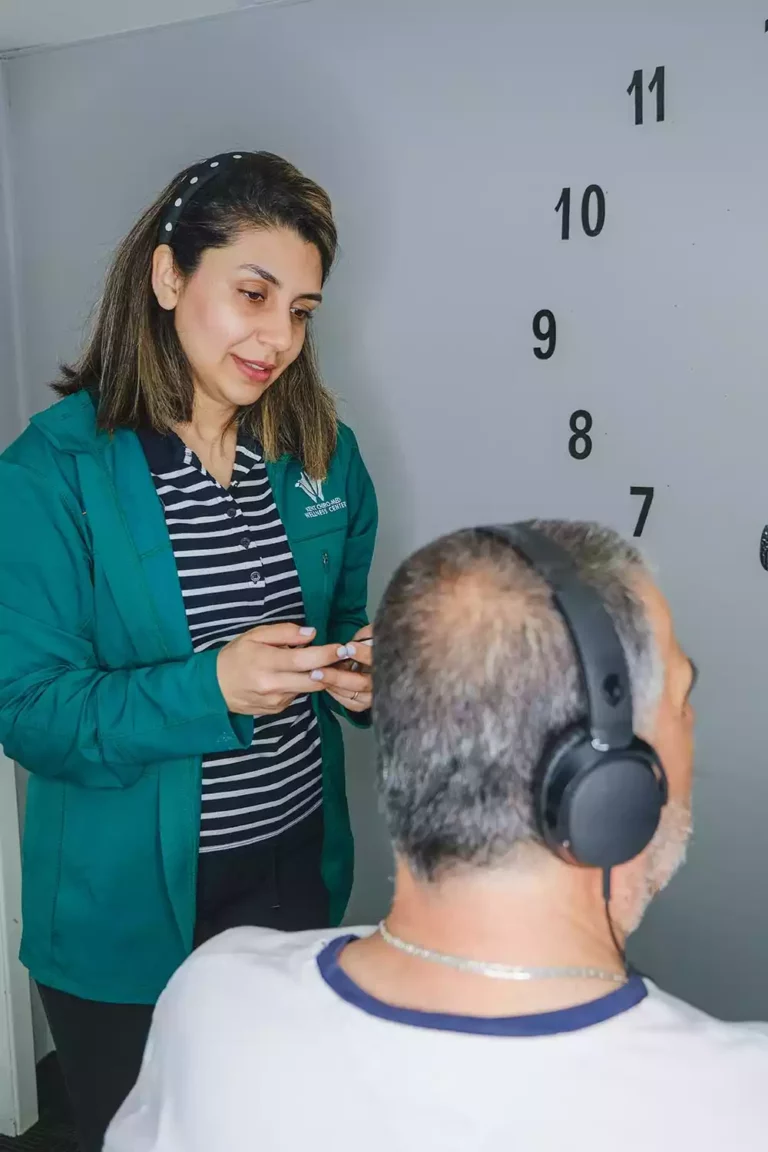Proudly
Associated With
Associated With











When you suffer a whiplash of the head caused by events such as a fall, car accident, or sports-related injury, etc., they may affect brain function, resulting in signs and symptoms of concussion. Recovery from concussions can be slow and frustrating.
You may have symptoms like difficulty concentrating, headaches, dizziness, difficulty sleeping, balance and coordination issues, and trouble completing essential daily tasks. If left untreated, you could suffer from long-term consequences such as memory loss and depression.
This page will discuss concussion treatment in Ottawa, mild traumatic brain injury and its treatment, concussion rehabilitation, post concussion syndrome and concussion management.
Our patients in Ottawa have had concussions that occurred at various ages, from a variety of causes, including:
(e.g., head impacts, whiplash)
(such as falls and head trauma)
(falling off slides or swings)
as a result of sports
(which are the leading cause of concussions)
In many cases, a concussion will resolve independently within 7-10 days. However, this may not be the case if it is a strong mechanism of injury or if one has suffered from multiple concussions as they have an additive effect.
The Physical therapists and Chiropractors at Kent Chiro-Med clinic can provide concussion therapy and concussion care along with the treatment for accompanying injuries, such as those to the neck and surrounding tissues.
During a concussion, the brain moves about the skull, bouncing off the inside of the skull; this results in concussion symptoms. If you continue experiencing concussion symptoms a month after your acute injury, you may be experiencing post-concussion syndrome. These symptoms include:


These injuries can be treated, whether it is a mild or severe concussion. Our team has the expertise in brain health and the equipment and training to provide you with the most accurate diagnosis and treatment.
The following are treatments available at our clinic in Ottawa.
Cervicogenic treatment helps reduce symptoms such as headaches, neck and shoulder pain, and reduced range of motion. Improve your attention, focus, and concentration. Vision training can help you focus more on what you’re doing by improving the connection between your eye tracking and your brain.
Vestibular treatment helps improve various aspects of balance, vertigo, as well as issues with hearing and the inner ear such as spinning, swaying, tilting, and feeling of unsteadiness.
Oculomotor treatment is a form of vision therapy designed to retrain muscles of the eye and the brain’s ability to coordinate the eyes in order to return your ability to read, see properly, and focus.
Vestibulo-ocular treatment is designed to stabilize vision, specifically during head motion. If you notice that your vision gets disrupted while you are moving but gets better when you are standing still, this specialized treatment is for you.
Sensory integration treatment helps reduce the overstimulation or sensory overload that some people begin to experience after a brain injury. This might be bright lights, loud noises, sensations, and nausea when doing physically demanding activities.
Answer: a medical doctor can diagnose your concussion and provide you with some advice; however, they cannot treat the specific silos of a concussion mentioned above.
Answer: the most important thing to do is identify whether one has suffered a concussion. The most common symptoms are headache, feeling groggy or sluggish, and dizziness. It is not losing consciousness or amnesia as films have you believe. If you indeed suffered a mild concussion, it is best to avoid sports/physical activity for at least a week, as well as try to get at least 8 hours of sleep each night while avoiding consuming alcohol or recreational drugs.
Answer: if you are suspected of having had a concussion, you should be escorted home, where you can rest and be checked up every hour or two. Ice or a cold compress are recommended to be used on the back of the head/neck and the area of the injury for 15 minutes every hour for the first 24 – 48 hours.
Answer: it is important to rest, avoid any activities that may cause another whiplash injury, and avoid consuming alcohol and recreational drugs, as the brain is in a vulnerable state, and these can result in worsening of the symptoms or significant delays in healing.
Answer: It is important to seek immediate medical attention or call an ambulance if you are suffering from worsening headaches that are sharp and stronger than any headache you have ever felt before, or if you have vomited and continue to vomit since the accident, as these may be a sign of a serious internal bleed. Otherwise if a mild or moderate concussion continues beyond two weeks, and is not treated, it may lead to post-concussion syndrome, which is characterized by social isolation, depression, experiencing sensitivity to lights and sounds, emotional instability, headaches, changes to vision and balance, as well as hearing.